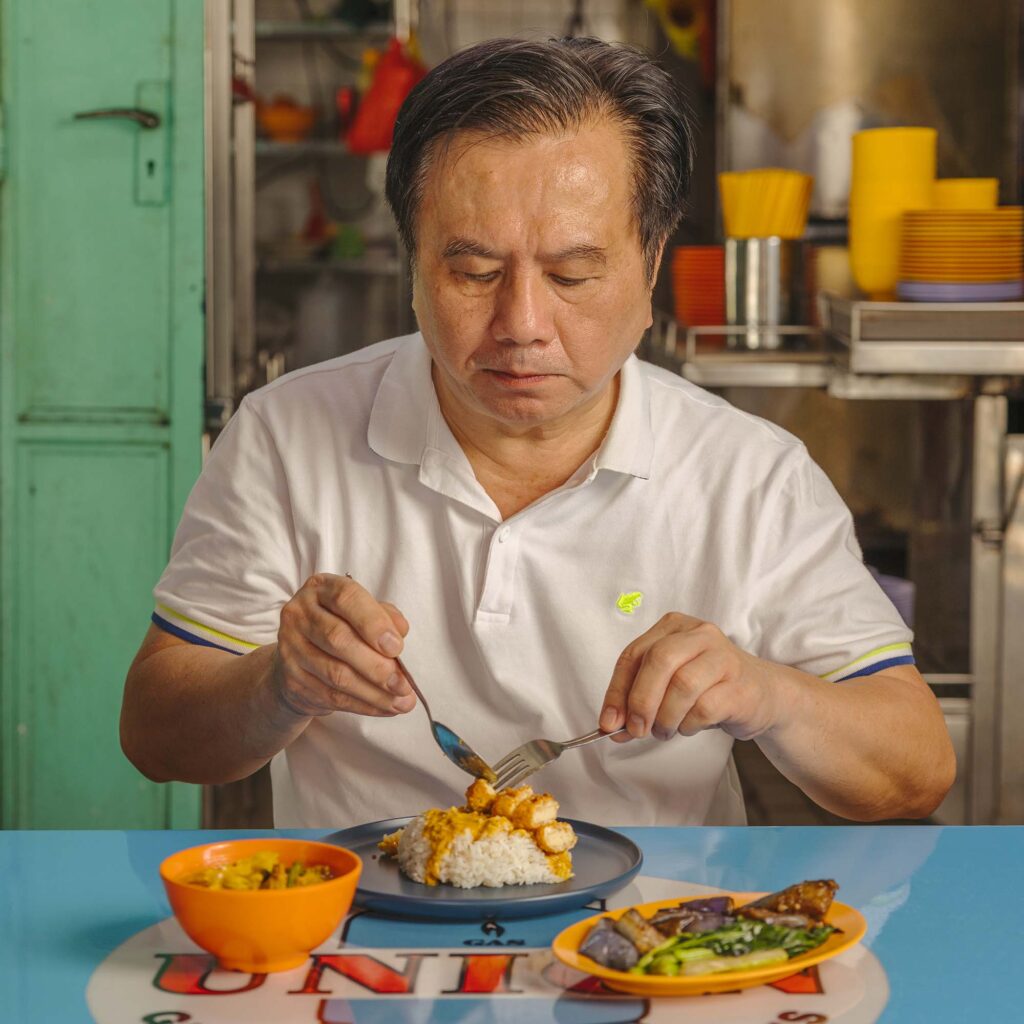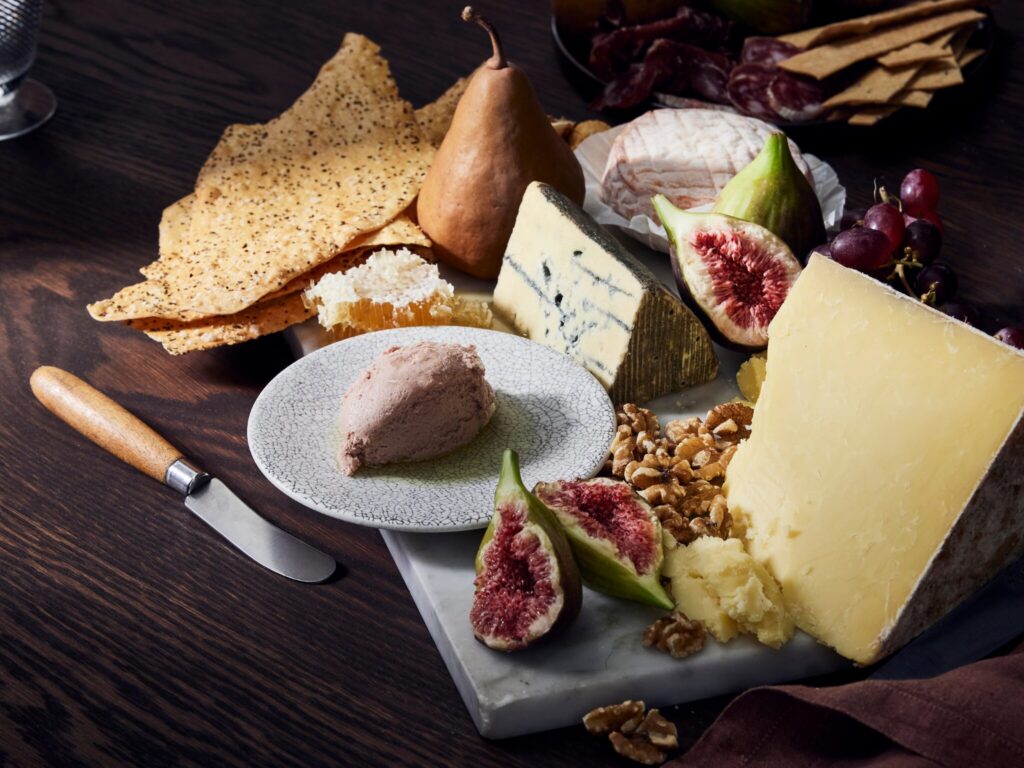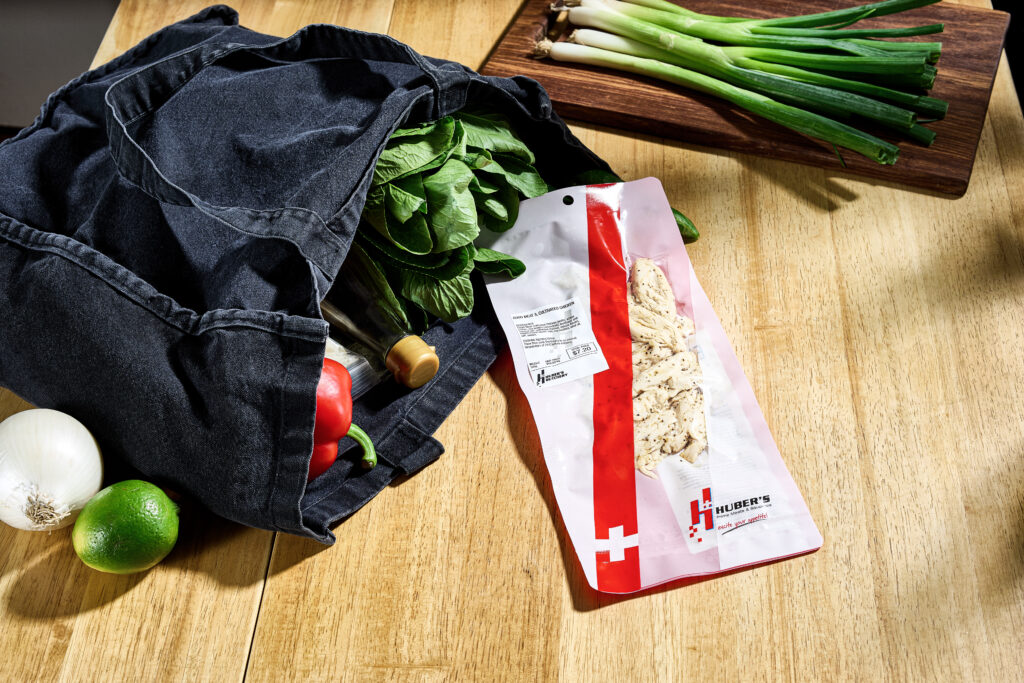5 Mins Read
Singapore’s parliament just passed a Food Safety and Security Bill to adapt the country’s agrifood systems to climate change and advance future foods.
Already a leader in the world of future food, Singapore is strengthening its food safety and security measures with a new bill to deal with a compounding supply chain and the effects of the climate crisis.
“Singapore has also faced various food supply challenges in recent years. The Covid-19 pandemic saw the impact of supply disruptions when we experienced the effects of lockdowns and restrictions on cross-border movements,” environment minister Grace Fu told the parliament before the bill was signed last week.
“Supply chain disruptions arising from many other factors – extreme weather events, disease outbreaks, and trade restrictions – also affected our food supply on several occasions. With climate change, rising biosecurity risks and geopolitical tensions, the risk of food disruptions is expected to increase,” she added.
Fu noted that the government’s policy measures have helped ride these storms, but these must be supported by laws to enable the Singapore Food Agency to ensure a safe and secure supply in the island nation.
One of the major themes of the new bill concerns defined foods, which include novel proteins like cultivated meat and precision-fermented foods. Singapore has repeatedly championed these foods as a way to enhance food security – it imports 90% of its food – and the latest bill formalises existing practices for products that require premarket approval.
How does Singapore define novel foods?

The new bill describes “defined foods” as those that comprise novel or genetically defined foods that haven’t received premarket approval, including insects.
Novel foods themselves have been described as those made from cellular agriculture and tissue culture derived from animals, plants, bacteria, yeast, fungi, algae, and other microbes, which have not been used “to a significant degree” as a food for at least the 20 years in or outside Singapore. This also applies to processes that haven’t been employed to produce food in this time period.
“The policy intention is to take into account the history of consumption of food anywhere in the world, when determining whether or not food is novel food,” reads the bill.
When parliamentary member and climate activist Louis Ng raised concerns about any subjectivity around the definition of novel foods, Koh Poh Koon, senior minister of state for environment and sustainability, responded: “Since 2019, SFA has put in place a novel food regulatory framework to ensure that only novel food which is safe for human consumption can be manufactured, imported, distributed, or sold in Singapore.”
He added: “When in doubt on whether a food or food ingredient is considered a novel food in the first place, companies should consult SFA to discuss the available evidence on the history of safe use that they have compiled.”
What does the bill say about regulatory approvals?

The Food Safety and Security Bill codifies the existing regulatory framework to make it easier for novel food companies to meet the SFA’s standards and commercialise their products.
In many countries, innovations like cultivated meat need pre-market approval to be made available for consumption. Singapore’s policies have been at the forefront here, and the new bill lays down exactly what the process entails.
Pre-market authorisations take into account public health and safety aspects, considering whether the food has any potential adverse effects on humans, its composition, structure, and production process, the source from which it’s derived, and the likely patterns and levels of consumption.
“The safety assessments should cover potential food safety risks such as toxicity, allergenicity, safety of the food production methods used, and dietary exposure arising from consumption,” said Koh.
While there’s no expiry date for a novel premarket approval, the bill notes that such authorisations can be cancelled if they’ve been obtained by fraudulent means, if companies don’t comply with the agreed conditions, or if there’s been a material change to how the food is made, packaged, and stored. The SFA can also scrap the approval if the country’s public interest requires it to.
What happens next?

The new bill is expected to streamline the regulatory pathway for novel food producers, giving them access to more detailed information about the framework and safety assessment processes.
The provisions under the bill will take effect in phases, with full implementation expected by 2028, allowing time for companies to transition. For defined foods, it will be enacted in the second half of this year.
The SFA, which has been publishing regular updates on safety assessment requirements on its website, will now publish information about approved novel foods too. “Companies can also consult SFA or sign up for the bi-monthly Novel Food Virtual Clinics to better understand SFA’s requirements,” said Koh.
“SFA will continue to ensure that sufficient clarity is provided to industry through direct engagements with novel food companies, as well as through the updating of guidance documents online,” he added.
Singapore was the first country to approve the sale of cultivated meat five years ago, giving the green light to California-based Eat Just’s Good Meat brand. Last summer, the cultivated chicken made its way into retail via Huber’s Butchery, marking another first.
The SFA followed that up with an approval for Australia’s Vow last year, whose cultivated quail and foie gras are currently being sold at restaurants in the city.



